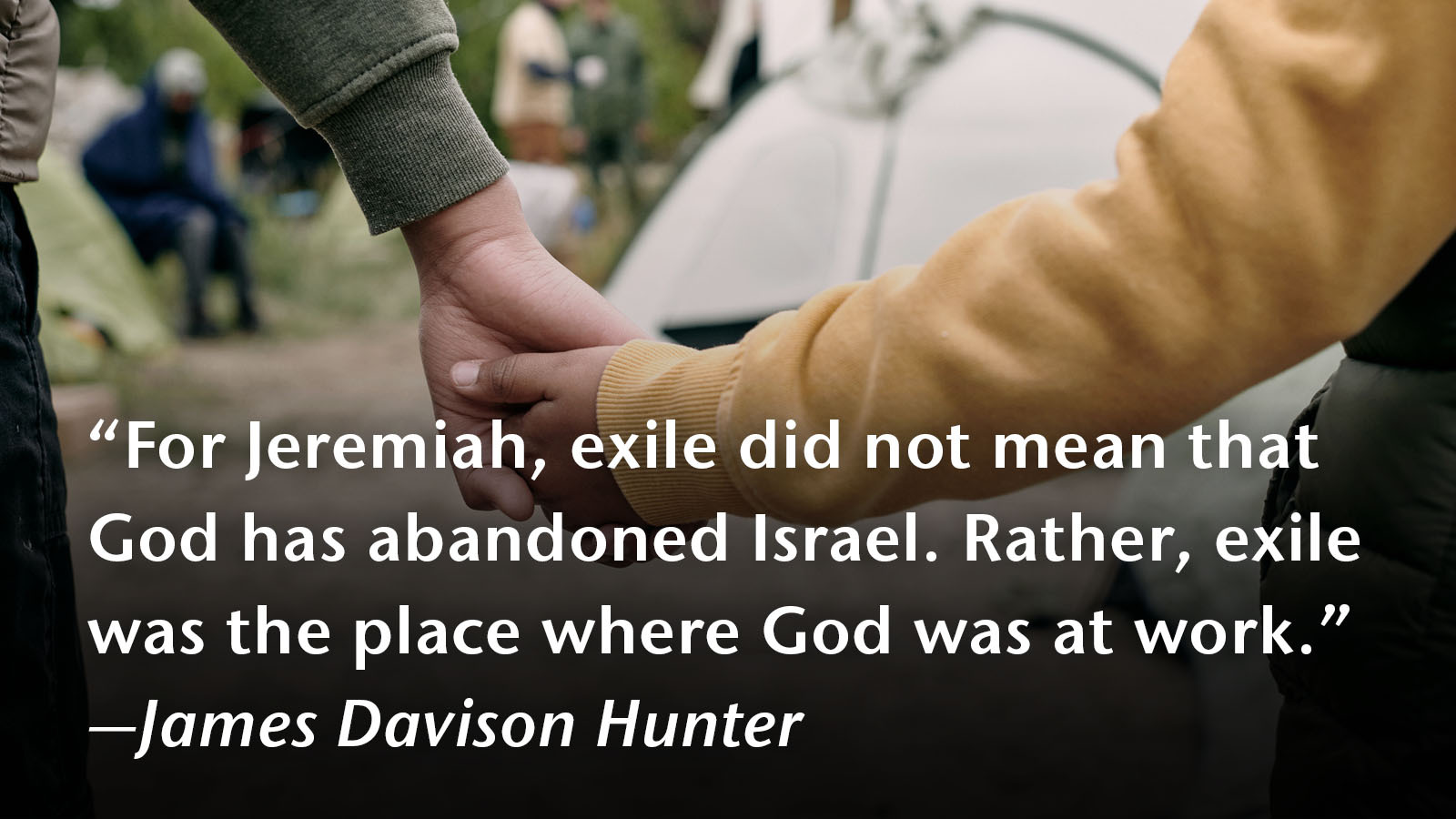Article
Seek the Welfare of the City
by The Rev. Dr. R. Leigh Spruill

Warning: brace yourself if you decide to utilize Google’s search function to peruse articles and information on “the decline of Christianity in the US” or “membership loss in the Episcopal Church.” The news is not good. By now, we should all be aware of accelerating trends shaping a cultural context wherein fewer and fewer people are active in churches or even self-identify as Christian. The reasons are complex, of course. But no major Christian groups have suffered greater proportional losses in the past two generations than mainline denominations such as the Episcopal Church. I pray daily that St. John the Divine will not only be a counter-witness to these broad trends but a Spirit-filled locus of joyful and faithful revival.
I believe it is critically important that we are clearly oriented to our cultural moment. My observation over the past generation is that we can tend in one of two directions in relation to the church’s loss of privileged status in society: one is to remain ignorant or indifferent. The other is grief and frustration. However, what I am passionate about is doing ministry with believers who feel a great energy and privilege as those called to be Christ’s light for the world at just such as time as this! Not that it is simple, without challenge, or entirely predictable.
I often return to the prophet Jeremiah when contemplating what it is to be God’s people in an alien environment. A favorite portion of his long book of the Old Testament is Chapter 29. By 600 BC Babylon is the ascendant power in the entire Near East. And this empire takes aim at Jerusalem. As you may recall from biblical history, by 587 BC, Babylon’s leader, Nebuchadnezzar, and his army destroy the holy city and take many of her people into exile back to Babylon.
This disastrous event fulfills Jeremiah’s prophesying that Judah’s terminal infidelity to God would lead to a coming judgement and an end of national life as they had known it. And yet sometime afterward, Jeremiah sends a letter of hope and encouragement to the exiles in Babylon. It is a beautiful letter, not an “I told you so.” But Jeremiah does not offer false cheer that the people’s exile will end anytime soon. Rather Jeremiah exhorts the Israelites exiled in Babylon to settle-in for the long haul. He encourages them to flourish and be faithful, not just for their own sake but for the sake of the Babylonians!
“Thus says the Lord of hosts, the God of Israel, to all the exiles… build houses and live in them; plant gardens and eat what they produce. Take wives and have sons and daughters; take wives for your sons and give your daughters in marriage that they may have sons and daughters; multiply there, and do not decrease. But seek the welfare of the city where I have sent you into exile, and pray to the LORD on its behalf, for in its welfare you will find your welfare.” —Jeremiah 29:4-7
One of the most formative essays I have read on my personal theology of the church was written by a Mennonite theologian who used to teach at Notre Dame, Howard Yoder. It was written on this text in Jeremiah and its application to the modern church of the West. The thesis was simply this: exile is mission. Being scattered abroad into the world is calling!
Being the people of God is not dependent on a physical campus any more than Israel’s identity is dependent on living comfortably in Jerusalem. A loss of majority status – as painful as it may be – offers fresh opportunities to remember that God’s people are called and gifted by the Spirit to discharge their mission in the world without being in charge the world. After all, God is in charge.
So, the question I will continually put before us is this: what if our greatest engine for renewal and vitality lay precisely in our embrace of a strong missional calling for the sake of others in the City of Houston? What if the most successful work of outreach began with the work of in-reach whereby we more intentionally help one another grow in our capacity to be lights in an increasingly dark world, in every sphere of culture?
In this current season of life at St. John the Divine, parish leadership is articulating new strategic vision to guide our future life in Christ. Among our three primary goals is that SJD is committed to being a Light for the City, and every member is discipled to be Christ’s missionary into every sphere of life. Underlying this statement is our conviction that the primary reason for being the church is to bear the light of Christ into the world, to seek the welfare of those where God has sent us to live right here in the City of Houston. For in its welfare, we will find our welfare. Given our cultural moment, I cannot think of a more important or energizing time to grow and go together into this holy calling.
Weekly Wisdom

"For Jeremiah, exile did not mean that God has abandoned Israel. Rather, exile was the place where God was at work." —James Davison Hunter, To Change the World
One Good Recommendation
To Change the World: The Irony, Tragedy, and Possibility of Christianity in the Late Modern World by James Davison Hunter (Oxford University Press, 2010)
Over the past dozen years, I have often recommended this book as one of the best scholarly books I have read on the shape of Christianity’s role in late modern culture. Hunter is the Distinguished Professor of Religion, Culture and Social Theory at the University of Virginia. This is an important contribution to the larger church’s discernment on what faithful cultural engagement for the 21st century looks like.